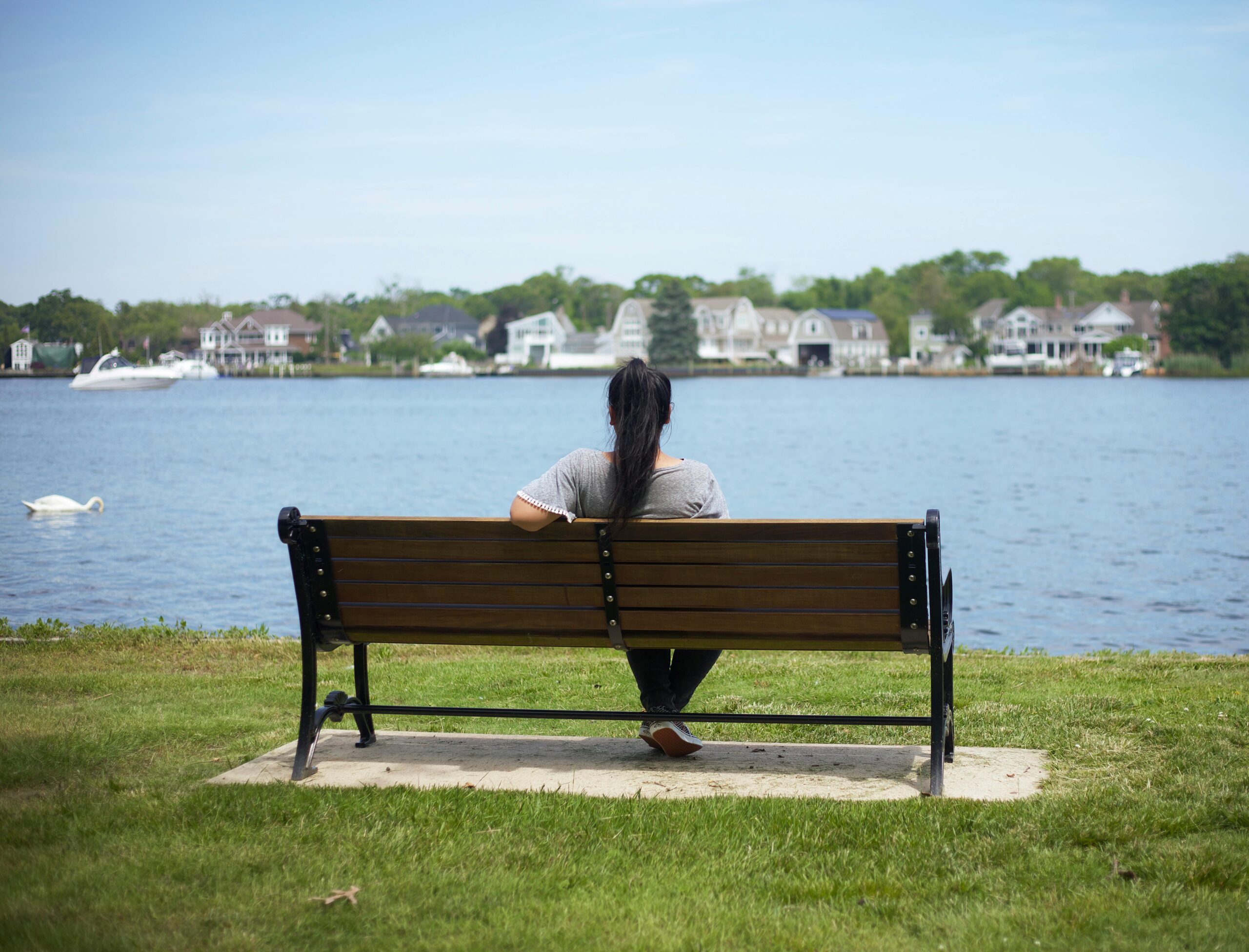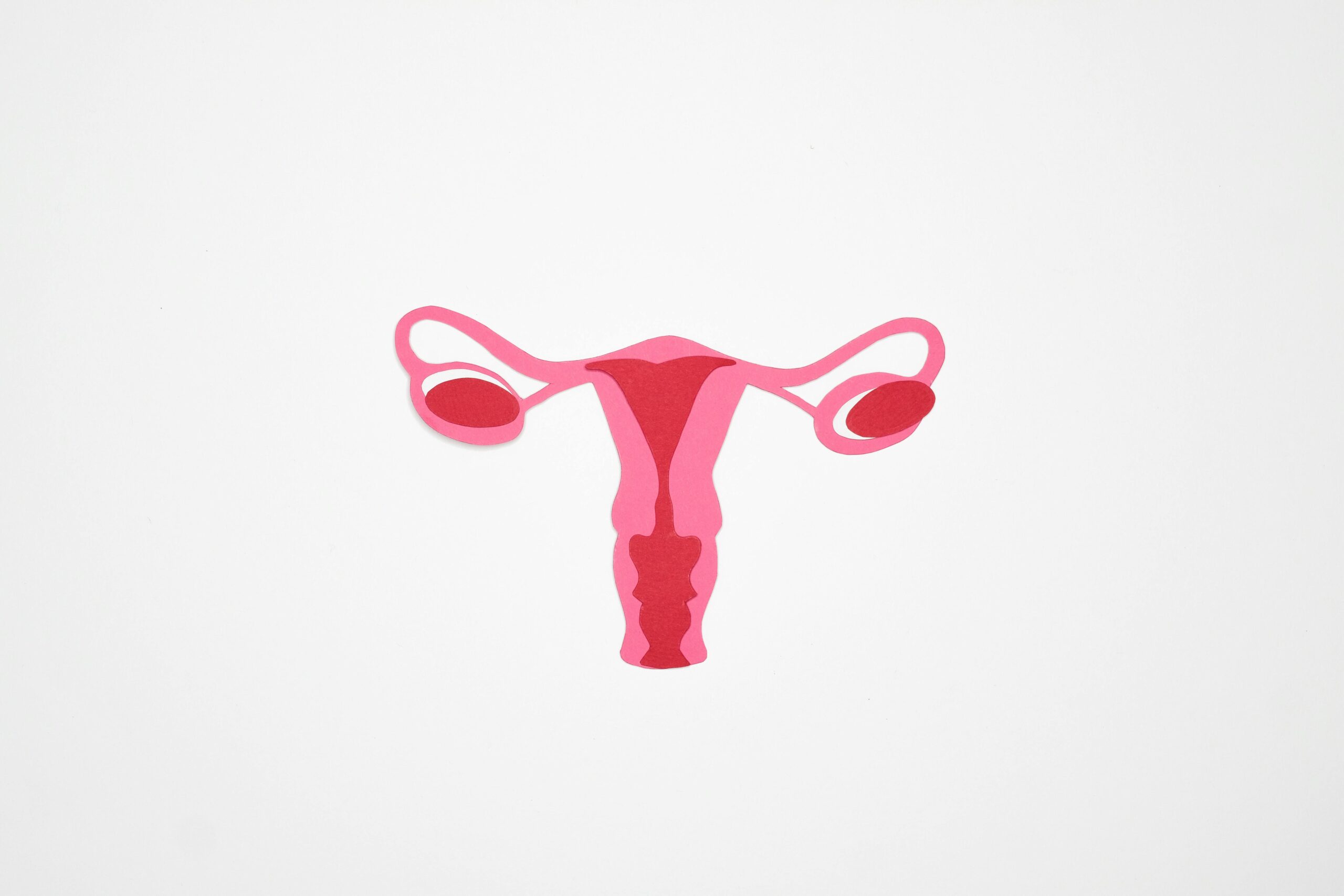
We’ve all been there – tossing and turning in the early hours, frantically trying to force ourselves to sleep – only to quickly realize sleep can’t be forced and we’re just making things worse.
Most people suffer occasional forms of insomnia at some point in their lives. However, for some, the condition can prove utterly debilitating. Unfortunately, insomnia often leads to a vicious cycle – just like the example above: the more stressed we get, the less likely we are to sleep.
Move this to a macro environment and the less we sleep, the more tired we get and the more likely we are to make mistakes or develop a sense of low self-esteem. This, in turn, makes us even more stressed and even less likely to sleep. It can be a very difficult pattern to break. With this in mind, the website Rolling Paper offers useful guides and tips to overcoming insomnia and suggests natural remedies to help bring about a good night’s sleep.
According to the American Academy of Sleep Medicine, insomnia is defined as a “persistent difficulty with sleep initiation, duration, consolidation or quality.” This definition likely sounds familiar to many however in most cases it will be temporary.
Common causes of insomnia
It is believed most insomnia is caused by some form of hyperarousal – either in the brain, body or both. Studies have found the most common causes include:
Mental issues or behavioral disorders: Stress, anxiety and depression are all known to contribute to insomnia. Even worrying about not sleeping can bring on the condition (as outlined in the cycle example above). Insomnia is also common in people with bipolar disorder and other conditions.
Alcohol, drugs and other substances: Substance abuse is a common cause of insomnia, including drugs, alcohol, nicotine and even caffeine. Indeed, you don’t necessarily have to ‘abuse’ these substances as such as they all have a negative impact on the quality of sleep you’ll get. Medications can also affect sleep e.g. common cold remedies.
Health problems: Health problems can range from physical injury (which makes it difficult to sleep) to more severe conditions like sleep apnea. Pregnancy is also known to cause problems sleeping – as can needing to go to the toilet at night.
Bad habits: Insomnia has been linked to poor lifestyle habits like lack of exercise, sleeping during the day, not going to bed at the same time regularly each night, poor diet and exposure to screens like those in computers, cell phones and laptops.
Ways to alleviate or prevent insomnia
If you suffer persistent insomnia, you should consult your doctor for advice. However, there are some things you could try that might help prevent the condition.
- Take regular exercise and follow a healthy diet
- Avoid napping during the day
- Avoid alcohol, cigarettes and caffeine – particularly at night
- Try taking natural remedies like herbal sleeping pills or CBD oil. CBD oil can considerably reduce stress – Bloom and Oil’s Nuleaf naturals coupon might provide the solution you’re looking for.
- Follow a consistent sleep pattern – going to bed and waking at the same time every day to establish a routine in your brain
- Eliminate late-night meals and screen use at night
How widespread is insomnia
Having trouble sleeping is incredibly common and some surveys suggest that 50%-60% of adults suffer sleep problems. The prevalence seems to vary by age with studies finding different results depending on the age of those surveyed. For example, it is thought 30%-50% of older people are affected by insomnia compared to around 24% of teenagers.
Utilizing some of the methods above can help curb your insomnia and offer relief for a good night’s sleep.

















